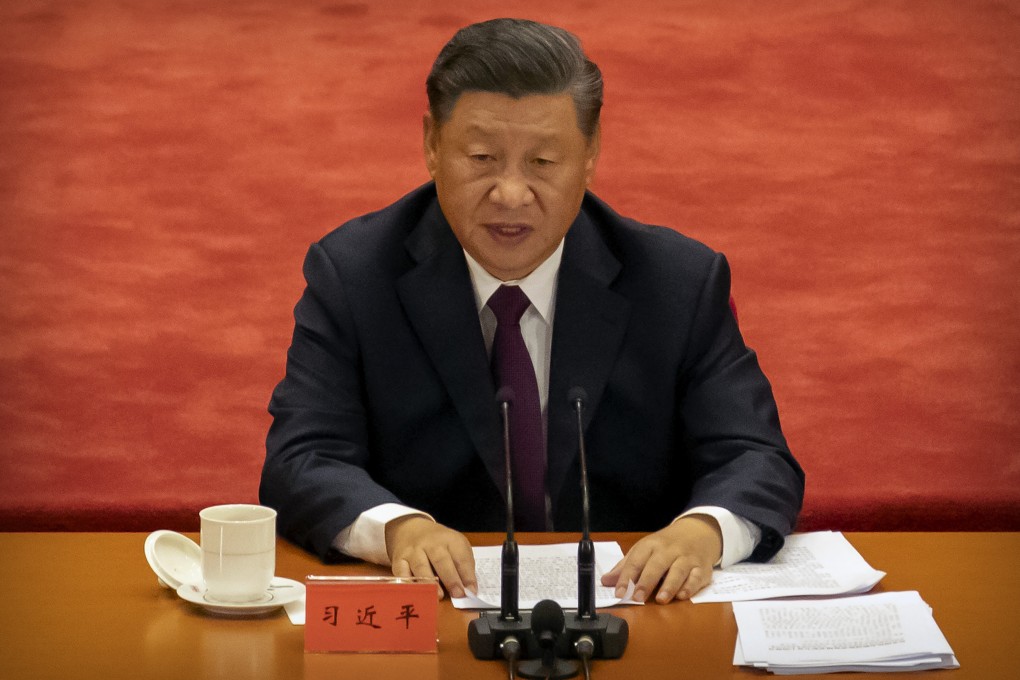Editorial | Xi’s speech could not be more pointed amid escalating tensions

The Korean war marked the first and only time China and the United States have fought on opposite sides. American opposition and obstruction to China’s rise make it less likely to be the last.
At times they sounded more like peacetime mobilisation for any eventuality in the event China ultimately considers it is being pushed too far. His speech presented a fiercely nationalistic front to the two men contesting the election of the next US president. It made a stark contrast with the final presidential debate, in which China got relatively little mention. The US got virtually no direct mention from Xi but, in countless instances where he drew a line against obstructive tactics against China’s rise, there was no doubt about whom he was referring to or aiming at.
His speech could not be more pointed amid ever-escalating tensions between the major powers. He did not stop at the Korean example of China being unafraid to “fight war with war”. In a taunt at the US, he said “any country and any army, no matter how powerful they used to be”, would see their actions “battered” if they stood against the international community. “Any unilateralism, protectionism, and ideology of extreme self-interest are totally unworkable, and any blackmailing, blockades and extreme pressure are totally unworkable,” he said. “Any actions that focus only on oneself and any efforts to engage in hegemony and bullying will simply not work.” He added that China needed to accelerate military modernisation.
The stakes are already high amid a trade war and attempts to contain China’s rise focused lately on Indo-Pacific encirclement. The danger of escalation of what Beijing calls “cold-war thinking” cannot be discounted. Xi has made it clear in words that cannot be taken back that a determined China is not for turning, and is prepared to back itself in any conflict. Even amid Covid-19, an economic downturn and climate change, the Sino-American relationship is worth more serious debate in American politics than has been evident in the current campaign, and a less combative, more nuanced approach from the next administration.
Xi’s speech reflects the paramount national interests of sovereignty and security ahead of next week’s Fifth Plenum, which will map the country’s political, economic and social development over the next five years.
